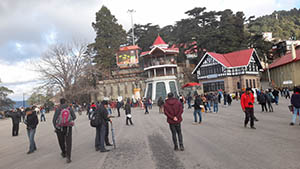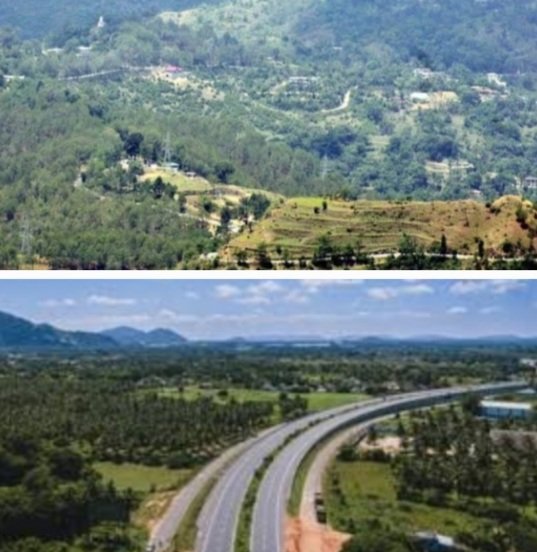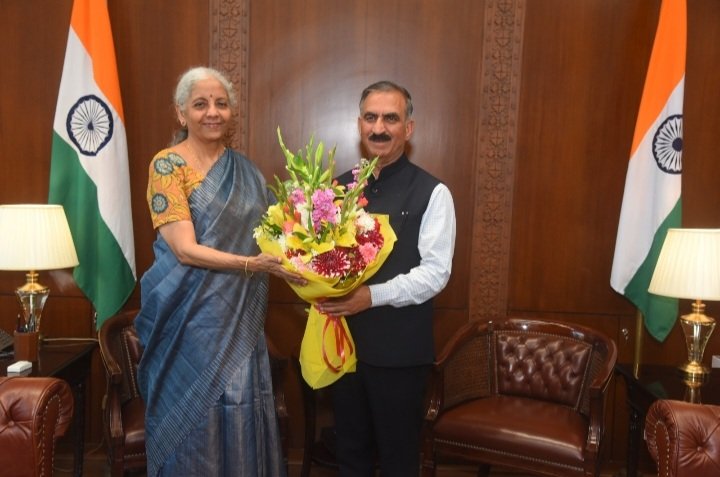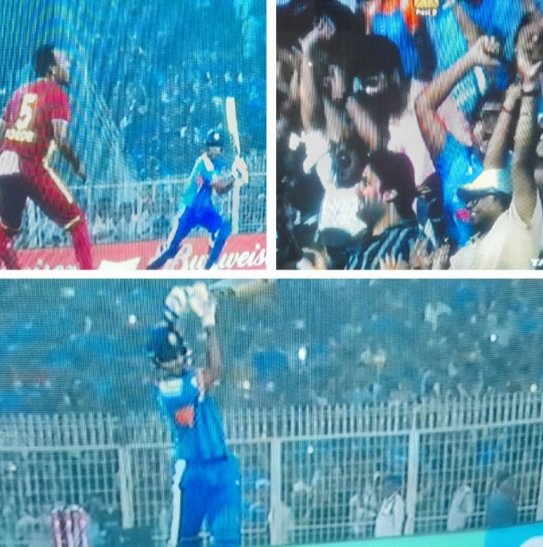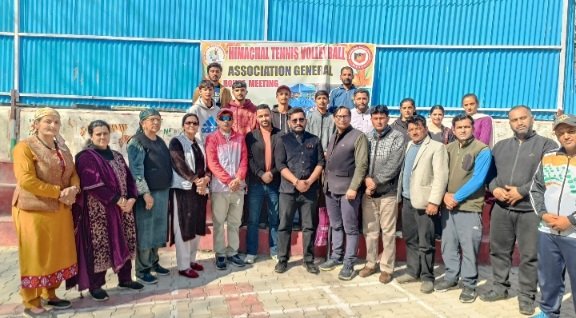Since 2018, the industry has been grappling with continuous financial losses, each year presenting new challenges that have steadily chipped away at its stability.
Last year, the closure of the crucial National Highway and the suspension of the iconic Kalka-Shimla train service had dealt a crippling blow to the tourism ecosystem.
With these vital transportation routes disrupted last year, the flow of tourists had dwindled to a mere trickle, and the repercussions were felt across the board.
Many tourism units could not come out from the red even as the May and June 2024 turned out be a good.
Hotels, once bustling with visitors, have few guests in the tailend of June and in the first week of July due to the IMD warning of heavy rains. This warning as scared tourists as they knew what they had experienced in July 2023.
Businesses heavily reliant on tourism, such as travel agencies, food joints, taxi services, tourist guides, photographers, horse handlers, amusement parks, ropeways, water sports units, and others, now find themselves struggling to make ends meet due to a decrease in visitors.
For over a year, the tourism units had witnessed an unprecedented and devastating drought of revenue, leaving them in a state of financial desperation.
The hotels, once major employers in the region, are now unable to meet their financial commitments, including paying salaries to their employees.
Essential expenses, such as electricity, water bills, and garbage collection fees, remain unpaid, leaving hoteliers feeling powerless in the face of mounting debt and financial uncertainty.
Compounding the predicament, the industry's reliance on loans during the COVID pandemic has come back to haunt stakeholders.
The loans, restructured to ease the burden during the pandemic, are now demanding immediate repayment, including accrued interest.
This sudden and massive financial burden threatens to push many stakeholders into the dreaded non-performing asset (NPA) category, further deepening their financial woes.
In an effort to salvage what remains of the once-thriving tourism industry, the Shimla Hotels and Tourism Stakeholders Association has appealed to the government for much-needed relief.
Their requests include the deferral of water and electricity bill payments for six months without incurring surcharges, the exemption of garbage fees until tourism can regain its footing, and the waiver of monthly fixed demand charges charged by HPSEBL for the same period.
Furthermore, they had implored the authorities to grant a deferral of loan EMIs until May 2024 without affecting their credit history, and they seek access to soft loans through the emergency credit line scheme to help sustain the industry through this tumultuous period.
Despite the glimmer of hope provided by an increase in occupancy during May and June this year, the future still remains tough for tourism industry.
The Kalka-Shimla train service, a lifeline for the sector, faced traffic jams this year, so was Shimla City, the deepening the sense of uncertainty and anxiety among stakeholders.
The IMD gave blow to the tourism industry as it sounded alarm among the potential visitors as it resulted in drastic drop in arrivals and led to cancellation of bookings.
The rains and end of the holidays season in the plains generally resulted in drastic drop in tourist foot falls.
But there are no heavy rains as such in Shimla and Manali so far. IMD warning and travel advisory only dealt blow to the occupancy rates in Himachal in last week of June.
Himachal promises lush green haven for tourists in the monsoon. The tourists are being offered special discount by the hoteliers if they take up the new package.




